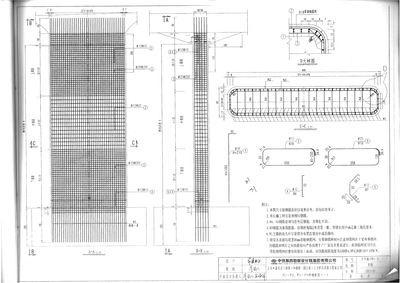You need some help? Some people say essays are tricky. Here are some helpful hints to make them less difficult。
你需要帮助吗?有人说,论文很难写。这里有一些有用的提示,可帮助你克服写作中的困难。
1. Take your prompt and pick it apart! Understand exactly what it is asking you to do. If it says evaluate, then you conclude, if it says to compare or contrast then do that. Take notes!
1. 抓住主题,深刻领会!准确理解它要求你做什么。如果说是写评价,那么你就得出结论,如果说是比较或对比,那么就照此去做。务必要作好笔记!
2. Look over whatever the prompt addresses and begin to pick that apart based on what your prompt is asking for, and do not discriminate yet, take all of it. Take notes on ideas for the prompt, and mark pages in any literature you may be using。
2. 认真审核主题到底要说明什么,然后根据你的主题要求开始提炼选材,但选材不拘一格,多多益善。为主题观点做好笔记,并标记出你可能使用的任何文献的章页。
3. Look at the prompt and the information you've gathered and begin to group ideas together so you can create a working thesis. The working thesis will give your essay a focus so you don't digress in the middle of your writing。
3. 根据主题和你收集的信息,开始将观点组合在一起,这样你就可以创建一个写作大纲。写作大纲将突出你的重点,以便你在写作中不会偏离主题。

4. Continue your brain-storming and write the topic sentence for your first body paragraph. Make sure it provides a focus for your paragraph and it isn't general. Find examples from life (direct quotes, paraphrasing, etc。) or from the topic literature that you can use in your first body paragraph. Make sure it follows your working thesis, but don't actually write the paragraph yet。
4. 开动脑筋精益求精,写出第一个主体段的总起句。确保它成为你第一个主体段的重点,而不是泛泛而论。从生活中(直接引用,转述等)或同一主题文献中找到可以用在你第一个主体段的的范例。确保它与你的写作大纲一致,但先不要正式写这个段落。
5. Do the same for the other body paragraphs.5. 依次处理其他主体段落。
6. Write your concluding statements for each paragraph. Please note that it is a CONCLUDING statement, meaning you need to bluntly say what point you are trying to make and lead it into your next body paragraph。
6. 写出每个段落的总结性语句。请注意,这是总结语句,也就是说你要直截了当地说明你想阐述的观点,并将其引入下一个主体段。
 爱华网
爱华网


